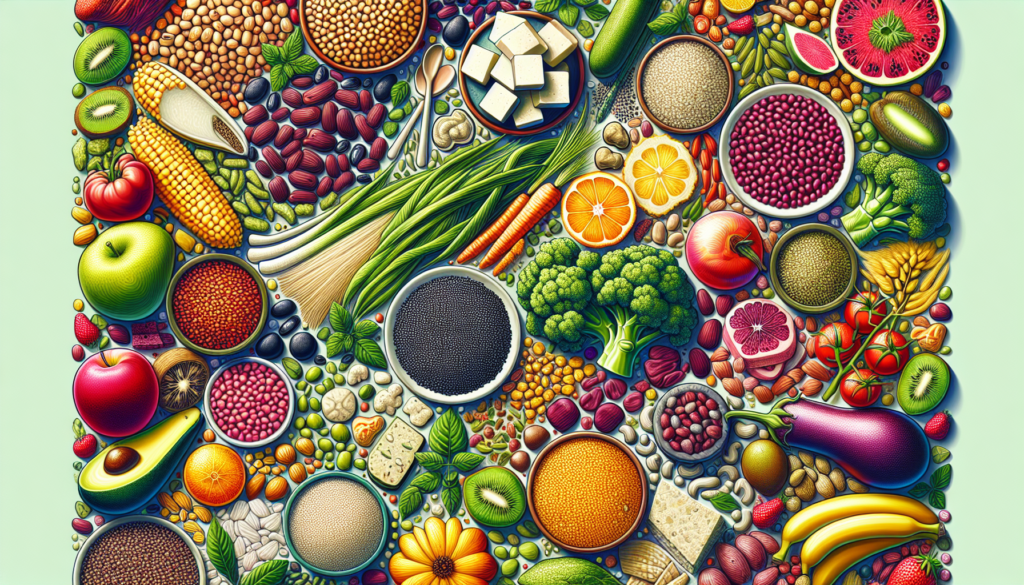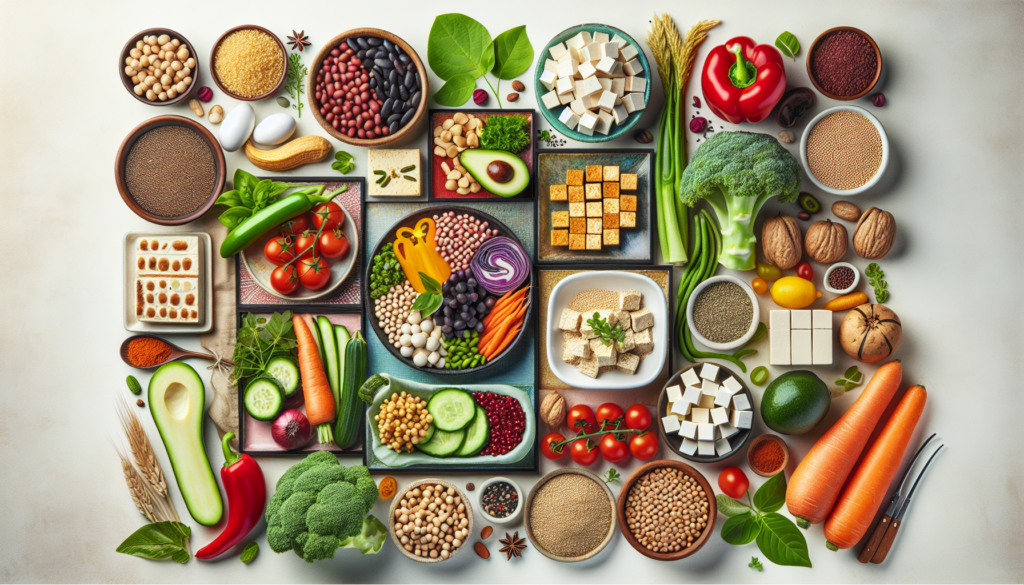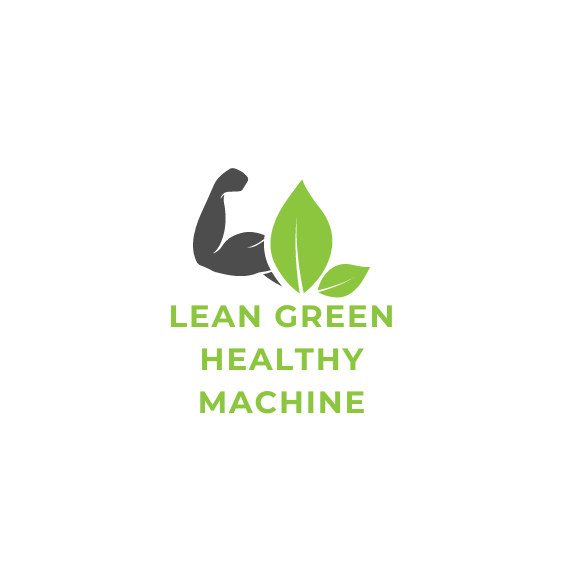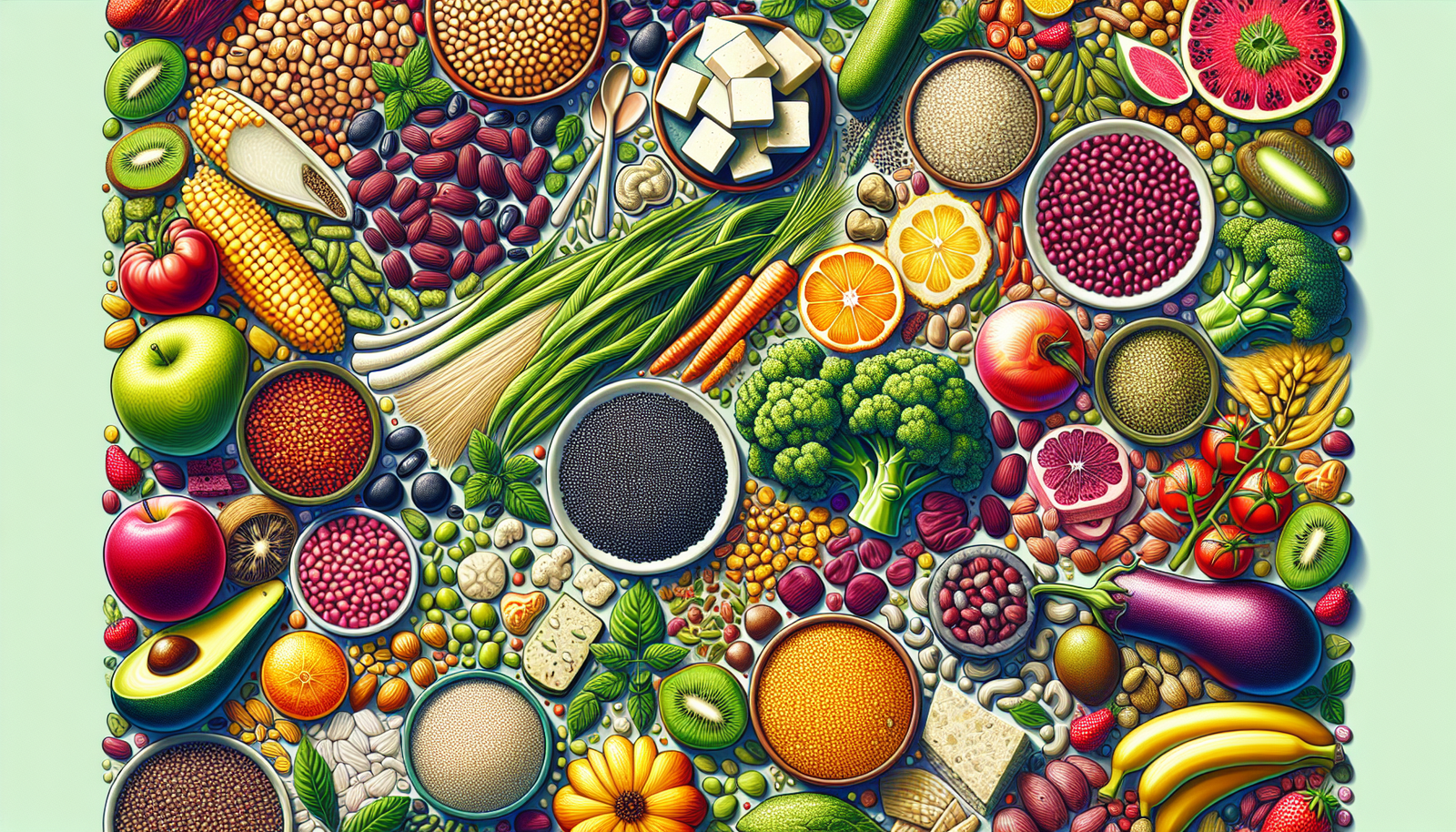In the world of green foods and health, understanding the importance of vegan protein sources is crucial. With a focus on nutrition, wellness, and sustainability, incorporating these plant-based protein options into your daily diet can support your overall health and well-being. From leafy vegetables and herbs to powerful superfoods, exploring the diverse range of vegan protein sources is not only beneficial for your body but also for the planet. Discover the abundance of plant-based proteins available and seize the opportunity to nourish yourself in a way that aligns with your values.
Importance of Protein in a Vegan Diet
Protein is an essential macronutrient that plays a vital role in various functions of the body, including muscle growth and repair, immune system function, and hormone production. While many people associate protein with animal-based foods, it is entirely possible to meet your protein needs on a vegan diet. In fact, there are numerous plant-based protein sources that can provide all the essential amino acids your body requires. Let’s explore some of these protein-rich options!
Complete Protein Sources
Quinoa
Quinoa is a complete protein source, meaning it contains all nine essential amino acids that our bodies cannot produce on their own. It is also rich in fiber and essential minerals like magnesium and iron. This ancient grain is incredibly versatile and can be used as a base for salads, added to soups, or enjoyed as a side dish.
Hemp Seeds
Hemp seeds are a nutritional powerhouse, packed with protein, healthy fats, and antioxidants. They are an excellent source of omega-3 fatty acids, which are essential for brain health. You can sprinkle hemp seeds on oatmeal, salads, or blend them into smoothies for an extra protein boost.
Soy
Soy products such as tofu, tempeh, and soy milk are excellent sources of plant-based protein. These soy-based foods are also rich in essential nutrients like calcium and iron. Tofu can be used in stir-fries or grilled for a protein-packed main dish, while tempeh can be marinated and used as a meat substitute in dishes like burgers or tacos.
Buckwheat
Despite its name, buckwheat is not wheat but a gluten-free pseudocereal. It is a complete protein source and contains essential amino acids like lysine. Buckwheat can be ground into flour for pancakes or used as a base for hearty salads.
Chia Seeds
Chia seeds are incredibly nutritious and an excellent source of plant-based protein. They are also rich in fiber, omega-3 fatty acids, and antioxidants. Chia seeds can be added to smoothies, yogurt, or used as a thickening agent in puddings and sauces.

Legumes and Pulses
Lentils
Lentils are a fantastic source of plant-based protein and are incredibly versatile. They come in various colors, including green, red, and black. Lentils are also high in fiber, iron, and folate. You can add cooked lentils to soups, stews, or use them as a meat substitute in dishes like vegan meatballs or burgers.
Chickpeas
Chickpeas, also known as garbanzo beans, are a staple in plant-based diets. They are rich in protein, fiber, and essential minerals like iron and zinc. Chickpeas can be used to make hummus, added to salads, or roasted for a healthy snack.
Black Beans
Black beans are not only a great source of protein but also high in fiber and folate. They can be used in a variety of dishes, from black bean tacos to veggie burgers. Black beans can also be blended into soups or added to salads for an extra protein boost.
Kidney Beans
Kidney beans are another excellent source of plant-based protein and are often used in dishes like chili or bean salads. They are rich in fiber, iron, and folate. Kidney beans can also be mashed and formed into patties for a delicious vegan burger option.
Nuts and Seeds
Almonds
Almonds are not only a delicious snack but also a great source of plant-based protein. They are also high in healthy fats, fiber, and essential minerals like magnesium and vitamin E. Almonds can be enjoyed on their own, used as a topping for salads or added to homemade granola.
Pumpkin Seeds
Pumpkin seeds are not only a Halloween favorite but also a nutritious snack. They are rich in protein, healthy fats, and essential minerals. Pumpkin seeds can be enjoyed roasted, added to salads, or used as a crunchy topping for oatmeal or smoothie bowls.
Walnuts
Walnuts are a fantastic source of omega-3 fatty acids and protein. They also provide essential vitamins and minerals like vitamin E and magnesium. Walnuts can be chopped and sprinkled over salads or used as a base for homemade plant-based burgers.
Flaxseeds
Flaxseeds are a rich source of plant-based protein, omega-3 fatty acids, and fiber. They are also high in antioxidants and can be beneficial for heart health. Flaxseeds can be ground and added to smoothies, used as an egg replacement in baking, or sprinkled over oatmeal or cereal.

Grains
Oats
Oats are not only a great source of fiber but also contain plant-based protein. They are also rich in essential minerals like iron and magnesium. Oats can be enjoyed as a warm breakfast porridge, used as a base for overnight oats, or used in baking recipes.
Rice
Rice, especially brown rice, is a staple in many cuisines and is also a source of plant-based protein. It is gluten-free and rich in essential minerals like manganese and selenium. Rice can be served as a side dish, used as a base for stir-fries, or added to soups and salads.
Barley
Barley is a highly nutritious whole grain that is rich in protein, fiber, and essential vitamins and minerals. It has a slightly nutty taste and can be used in soups, stews, or as a base for grain salads. Barley can also be ground into flour for use in baking.
Green Vegetables
Spinach
Spinach is not only packed with vitamins and minerals but is also a decent source of plant-based protein. It is rich in iron, calcium, and vitamins A and C. Spinach can be enjoyed raw in salads, cooked in stir-fries, or blended into smoothies.
Broccoli
Broccoli is a cruciferous vegetable that is not only low in calories but also contains protein. It is also high in fiber, vitamins C and K, and folate. Broccoli can be steamed, stir-fried, or roasted for a nutritious side dish or added to salads.
Peas
Peas are a great plant-based protein source and are rich in fiber, vitamins, and minerals. They can be enjoyed fresh or frozen and added to a variety of dishes, including soups, stews, or stir-fries. Pea protein powder is also a popular option for vegans looking to supplement their protein intake.
Soy Products
Tofu
Tofu is made from soybeans and is a versatile and popular plant-based protein choice. It is a complete protein source and can be used in a variety of dishes, from stir-fries to smoothies. Tofu takes on the flavors of the ingredients it is cooked with, making it a great addition to many recipes.
Tempeh
Tempeh is another soy-based product that is a great source of plant-based protein. It is made by fermenting soybeans and often comes in a block-like form. Tempeh has a slightly nutty flavor and can be marinated and used in dishes like stir-fries, tacos, or sandwiches.
Soy Milk
Soy milk is a popular dairy milk alternative and is enriched with plant-based protein. It can be used as a base for smoothies, enjoyed with cereal, or used in baking recipes as a substitute for cow’s milk.
Seitan
Seitan, also known as wheat meat or wheat gluten, is a protein-rich meat substitute made from gluten, the protein found in wheat. It has a chewy texture and is often used in vegan dishes that aim to mimic the texture and taste of meat. Seitan can be sautéed, grilled, or used in stews and stir-fries.
Mycoprotein
Mycoprotein is a protein-rich ingredient derived from fungi, specifically a type of filamentous fungus called Fusarium venenatum. It is often used as a meat substitute and is known for its meat-like texture. Mycoprotein is commonly found in products like vegan sausages, nuggets, and burger patties.
Conclusion
Protein is an essential nutrient that plays a vital role in our overall health and wellbeing. While many people believe that a vegan diet may lack sufficient protein, there are plenty of plant-based options available that can provide all the essential amino acids our bodies need. From complete protein sources like quinoa and hemp seeds to legumes, nuts, and seeds, there is a wide variety of protein-rich foods that can be incorporated into a vegan diet. So embrace the power of plants and enjoy the benefits of a protein-packed vegan lifestyle!

